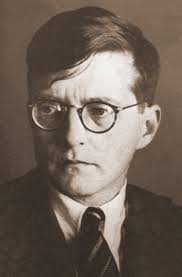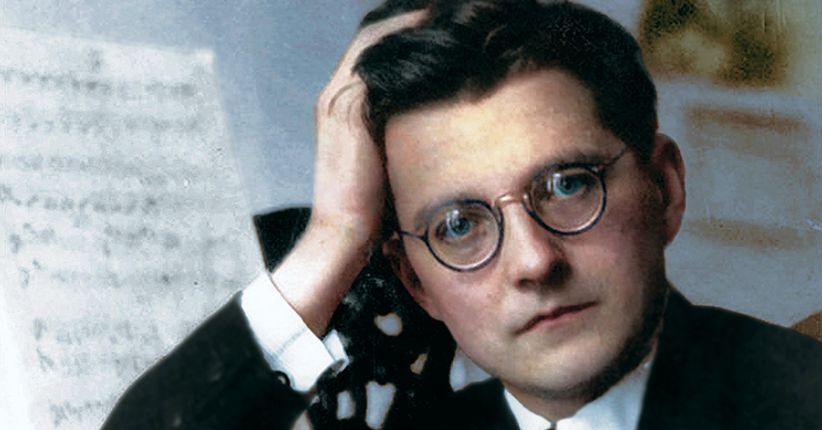The History of Lady Macbeth of the Mtsensk District by Dmitri Shostakovich
Dmitri Shostakovich’s opera Lady Macbeth of the Mtsensk District stands as one of the most remarkable and controversial works of 20th-century music. Bold, intense, and deeply expressive, the opera reflects both the creative brilliance of its composer and the perilous relationship between art and politics in Soviet Russia.
Origins and Inspiration
Shostakovich began work on Lady Macbeth of the Mtsensk District in 1930, when he was just 24 years old. The opera is based on the 1865 novella of the same name by Russian writer Nikolai Leskov. The story centers on Katerina Ismailova, a woman trapped in a loveless marriage who is driven to murder and passion, ultimately spiraling toward her tragic downfall.
Shostakovich was captivated by the dramatic potential of the narrative, which he saw as a powerful vehicle for exploring themes of repression, desire, and individual defiance. The result was a score filled with daring orchestration, psychological intensity, and scenes of both brutal realism and poignant lyricism.
A Triumph – Then a Fall
Lady Macbeth of the Mtsensk District premiered on January 22, 1934 at the Leningrad Maly Opera Theatre and was an immediate success. Audiences and critics praised its bold musical language and innovative theatrical style. The opera was staged not only across the Soviet Union but also internationally, including performances in New York, London, and Prague.
Shostakovich’s reputation soared, and the opera was seen as a landmark achievement in Soviet music. However, this triumph would soon be overshadowed by one of the most dramatic episodes in the composer’s life.
Stalin’s Disapproval and Official Condemnation
In January 1936, Joseph Stalin attended a performance of the opera at the Bolshoi Theatre in Moscow. He reportedly left before the end, visibly displeased. Just two days later, the official Soviet newspaper Pravda published an anonymous article titled “Muddle Instead of Music.”
The article harshly criticized Lady Macbeth, calling it “coarse, primitive, and vulgar.” It accused Shostakovich of formalism—a term used by Soviet authorities to denounce art that was seen as elitist, experimental, or not aligned with Communist values. The attack sent shockwaves through the Soviet artistic community and marked the beginning of a dangerous period in Shostakovich’s career.
In the wake of the article, performances of the opera were canceled, and it was effectively banned for decades within the USSR. Shostakovich withdrew his ambitious Fourth Symphony from rehearsal and began composing in a more conservative style to ensure his safety and survival.
Rehabilitation and Revised Version
After Stalin’s death in 1953, Shostakovich cautiously returned to some of his earlier themes. In 1962, he produced a revised version of the opera under a new title: Katerina Ismailova. This version softened some of the more controversial elements of the original, aligning more closely with Soviet expectations of morality and ideology.
While the revised opera was performed, it lacked the raw power and uncompromising vision of the original Lady Macbeth. Over time, musicians and scholars began to favor the original version, which is now widely considered the definitive and more artistically significant edition.
Legacy and Cultural Significance
Today, Lady Macbeth of the Mtsensk District is recognized as a masterpiece of 20th-century opera. Its intense emotional landscape, daring harmonic language, and biting satire of provincial Russian life have earned it a place in the operatic canon.
The opera not only showcases Shostakovich’s genius but also serves as a potent reminder of the dangers faced by artists under authoritarian regimes. It tells a gripping human story, but it also symbolizes the conflict between artistic freedom and political control—a conflict that defined much of Shostakovich’s life.
Performances of the opera have returned to major stages around the world, where it continues to challenge and move audiences with its uncompromising truth and dramatic force.


Comments are closed